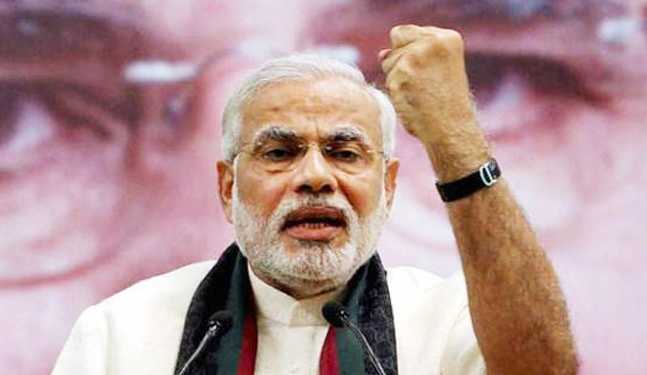Shell companies have been a big issue for governments in the country for a long time. Shell companies are non-trading companies which are used for various financial transactions and kept dormant for future use in any other capacity. Shell companies are used for tax evasion and money laundering by big industrialists. Previous governments took some steps to crack down on shell companies but none of them were able sound the death knell for these companies.
The Modi government has appointed a task force headed by Finance Secretary Hasmukh Adhia and Corporate Affairs Secretary Injeti Srinivas in February 2017 to take on shell companies. In the last financial year ’18, the Registrar of Companies (RoC) removed the names of 2.26 lakh companies from its register and disqualified 3.09 lakh directors. The task force has identified another 2.25 lakh shell firms to de-register this financial year. The Modi government appointed task force has frozen the bank accounts of these companies and directors of companies have been restricted from accessing to bank.
The members of the task force panel include people from from the Department Financial Services, Central Board of Direct Taxes, Central Board of Indirect Taxes and Customs, Central Bureau of Investigation, Enforcement Directorate, SFIO, Financial Intelligence Unit, Reserve Bank of India, Securities and Exchange Board of India, Directorate General of Goods and Services Tax Intelligence and Directorate General-Central Economic Intelligence Bureau. Except the 2.25 lakh companies, almost 7000 limited liability partnership (LLP) firms also have been identified for not filing financial statement as per rules of Companies act, 2013. Action against these LLP firms could also be taken by the task force committee. The companies will get the chance to argue their points, according to a statement by the ministry. “An opportunity of being heard will be given to these identified companies and LLPs by way of notices regarding their default and the proposed action.” The panel has categorized shell companies into three types.
The first one is a confirmed list which consist of companies which the panel is sure are involved in illegal activities. There are 16537 such companies which are involved in money laundering and tax evasion as per the panel. The second list is a derived list which is identified on the basis of 100 percent common directorships with the confirmed shell companies. The number of such companies is 16739 and their directors could be jailed for a period of up to 10 years for embezzlement. The third list is a suspect list which includes 80,670 suspected shell companies, created by the Serious Frauds Investigations Office (SFIO) using certain red flag indicators.
The shell companies have been a major problem for the government, because some large scale frauds were carried out by creating shell companies, as in the case of Nirav Modi’s fraud where almost 150 shell companies were identified. The Nirav Modi scam cost billions of dollars to the Indian public sector banks with PNB alone losing 1.77 billion dollars. The shell companies in the Nirav Modi scam were registered in the name of his family members. At present, the Modi government is probing deposits of almost 1 billion dollar in 20,000 of such companies, indicating that the shadow economy of India runs deep, accounting for almost 25 percent of GDP.
The Modi government loses billions of dollars due to tax evasion through shell companies. Relatives of many high profile leaders like cousin of former finance minister P Chidambaram and his son Karti Chidambaram were found to be involved in running shell companies. Government is expected to earn more money in corporate and income taxes by cracking down on shell companies. The existence of shell companies also makes a country a poor destination for foreign investment, because investors are not sure whether they are investing in a genuine company or not.

























